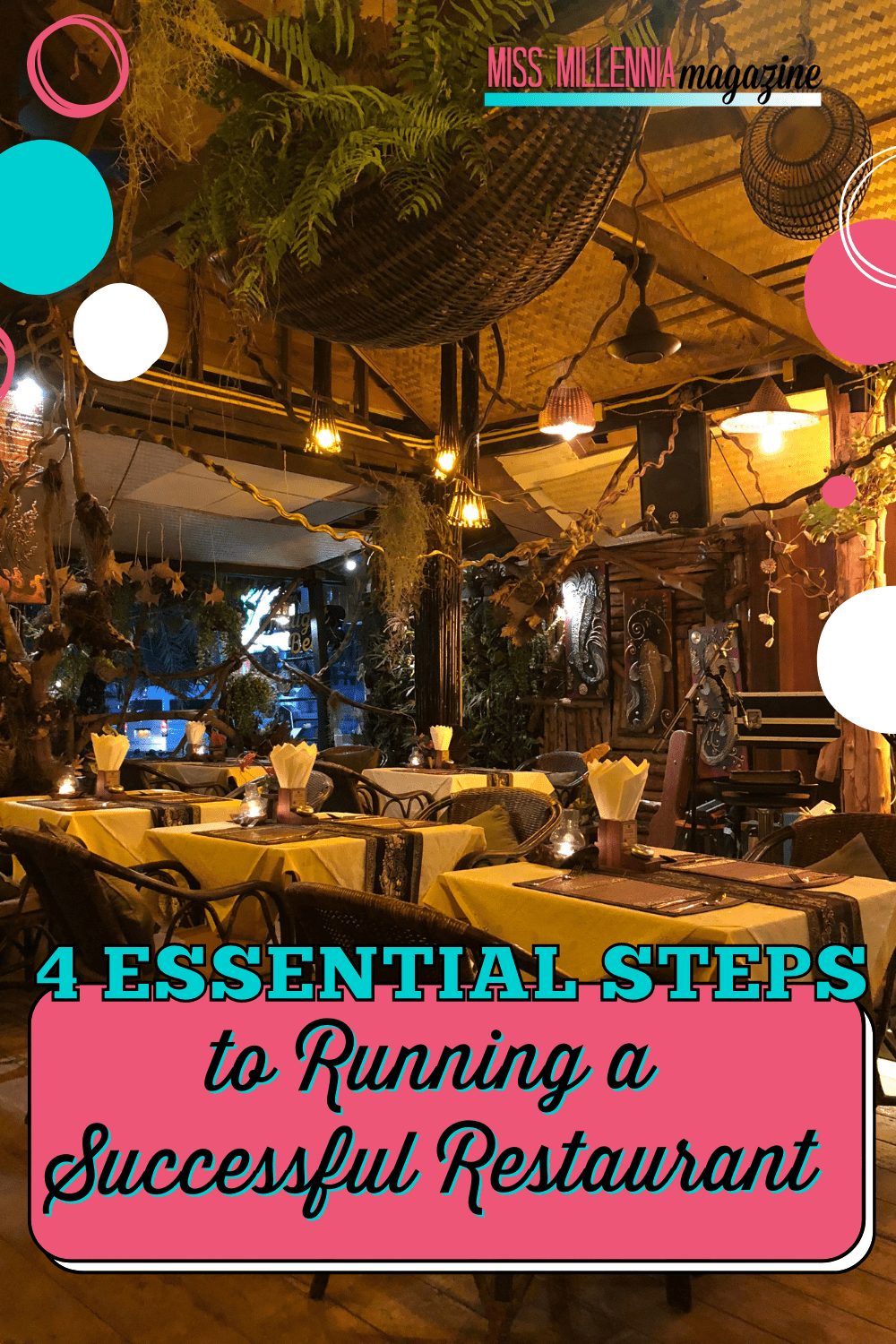How to Cope with an Existential Crisis
What is an existential crisis? How do you deal with it? How much do we know about this phenomenon? How to resist the destructive temptations? If you are asking these questions, I suggest your emotional state is far from perfect. Well, keep calm and get ready to dig into your inner world together with Lucy Adams, an outsourcer from BuzzEssay.
Any existential crisis begins the moment a person thinks about his existence in this world.
- Do I have the right to live in this world? Do I have enough resources to cope with the challenges that life throws me?
- What is this world? Where can I find support in it?
- Who am I? Am I satisfied with the quality of my life?
- What is the meaning of my life? What tasks are in front of me in this world?
These reflections relate to the conditions that make the life of an individual possible. To get the motivation to live, a person has to answer these basic questions of existence more or less clearly.
Fundamental Motivations of Existence
Do I have the right to live in this world?
This is the motivation for physical survival and the spiritual overcoming of being (“to be able to be”). Why do some people “stay in the saddle” more firmly than others? What are the reasons? These people are called strong. They can accept and endure life as it is. They are calmer about the givens of existence.
We come into this world in different circumstances. People who quietly accept the givens of existence direct their attention and efforts on the creation of their lives in the best way they can. They fill a predetermined shape with themselves and their interests. If they have a house, they create comfort in it instead of crying that the walls are painted black. No hysteria! Just plans, strategies, and work.
Others are waiting until the world adjusts to their needs and desires. They dream of the life they want to live. And when life’s circumstances do not fit into this pattern, they fall into rage and despair. Come up with the details of how you’ll spend the day, and then every detail and discrepancy to the predetermined scenario will spoil your mood and knock you out of the balance.
The first fundamental motivation’s main task is to learn, to accept, and to endure. “To accept” means taking the givens of existence as they are while keeping up the emotional balance. The consequence of this “accepting” is a feeling of trust, experienced as the readiness to detect a plurality of supports (including the spiritual ones) that go beyond the individual’s life and the rational.
I can be in this world, but is my life is good? Why do I have to live if nothing pleases me?
This is the motivation for obtaining the mental joy of life and the experiencing its values. #2 is closely connected to depression.
We’re talking about:
- Being emotionally open and involved with life.
- Being sensitive despite fear of feeling pain and suffering.
- Being courageous and social (open your soul to people, share emotions, etc.)
The fullness of sensual experiences are revealed to man when he doesn’t hide but meets everything that life brings to him. Suffering is a natural part of life, as well as joy.
If a person hides from negative feelings, he’s also hidden from any positive feelings. As a result, he’s not able to fully enjoy life. You can’t turn off negative emotions only. Enjoy life like it is.

Do I have the right to be who I am?
The evaluation of one’s behavior, desires, and intentions is fixed in the judgment that justifies or blames the personality. The verdict to oneself is the result of scrutinizing and watching oneself. We always evaluate ourselves (at least, a little bit) when interacting with other people.
The self-assessment that takes place through the coordination of the situation along with the actions of the person is called conscience. Unfortunately, the self-assessment is always affected by the opinion of respected people. It may confuse the person and put forth a few questions such as:
- Am I right? Am I doing right?
Well, everything that agrees with the person (consistent with one’s conscience) is right.
By answering the question “Do I have the right to be who I am?” a person becomes more secure in the face of people who hurt him with their opinions. The individual can stand up for oneself, no being afraid of being oneself in front of others. These are the consequences of the self-worth development of an individual.
When a person is justified in his own eyes, he can safely present his thoughts and labors to the judgment of people. A consequence of the high self-worth of an individual is the readiness to begin an equitable dialogue with the outside world.
What is the request of my current life situation? What life problems are the most relevant to me? In what context do I live? What should I do?
This thinking process confronts the existential vacuum, a sense of deep frustration, and experiencing the meaninglessness of life. A person who lives his life consciously tends to see it as included in the most general relationships: historical, cultural, biographical, and religious.
The main task for the individual in #4 is to realize his identity among the challenges of our troubled world. “Become alive” – these two words best characterize the goal of a person who asks the questions stated in #4. One has to get a sense of inner harmony and a certain position about oneself and the world around them.

Having successfully experienced an existential crisis, a person becomes open to oneself, which presents a good foothold for self-confidence, recognition of the value of oneself, an adequate assessment of oneself, easier and less traumatic experiences from the criticism from others, etc. This leads to the fact that the person becomes stronger against the outside world and its assessments. No existential therapy needed.
Lucy Adams is a blogger and writer from https://buzzessay.com. She’s a generalist who never refuses to cover burning and intriguing topics. Lucy is an open-hearted professional, so you can expect high-quality and in-depth research from her side. Don’t miss your chance to start a mutually beneficial collaboration!









